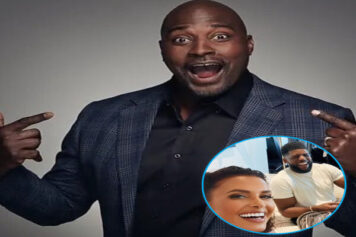Some believe that when we mourn the loss of a loved one we do so not for their passing, but for our own narcissistic reasoning. We become caught up in the fact that we didnt spend every waking moment with our beloved lost one. But others would say a more logical use of our time would be to simply celebrate the life of that motivational living light that has dimmed yet that still burns bright.
Today, The Shadow League has chosen to do the latter as we pay our respects to golf legend Charlie Sifford, who died Tuesday of a stroke at the age of 92-years-old.
Born June 22, 1922 in Charlotte, North Carolina, Sifford worked as a caddie but would eventually come to dominate the all-Black United Golfers Association, winning five straight national titles.
Sifford broke the color line in professional golf as the first Black PGA member. According to ESPN.com, Sifford challenged the “Whites Only PGA” clause and the PGA rescinded it in 1961. Months after the clause was lifted, Sifford broke down a major wall in racial segregation by competing in the racially divided South in the 1961 Greater Greensboro Open. One cannot possibly fathom the types of racial taunts, death threats and utter disrespect that Sifford endured along the way.
He would win the Greater Hartford Open in 1967, the Los Angeles Open in 1969 and the Senior PGA Championship in 1975. His career wasnt fully recognized until 2004 when he became the first person of African descent to be inducted into the World Golf Hall of Fame. In November, President Barack Obama bestowed Sifford with the Presidential Medal of Freedom. He joined Jack Nicklaus and Arnold Palmer as the only golfers to have been given such a high honor.
In his autobiography Just Let Me Play Sifford wrote about meeting Jackie Robinson around the time the famed baseball player was attempting to break the MLB color line.
“He asked me if I was a quitter,” Sifford wrote. “I told him no. He said, ‘If you’re not a quitter, you’re probably going to experience some things that will make you want to quit.'”
Despite the maddening and degrading racism that he faced, Sifford was beloved by some of the biggest golf stars of his day.
During his Hall of Fame induction, Sifford tells of meeting fellow golfing great Arnold Palmer at the 1955 Canadian Open. He also received an honorary doctorate degree from the University of St. Andrews in Scotland as a pioneer in his career.
Though we mourn the passing of a great man, we would all be wise to follow his example of strength, persistence and perseverance. Rest in Power Charlie Sifford.



